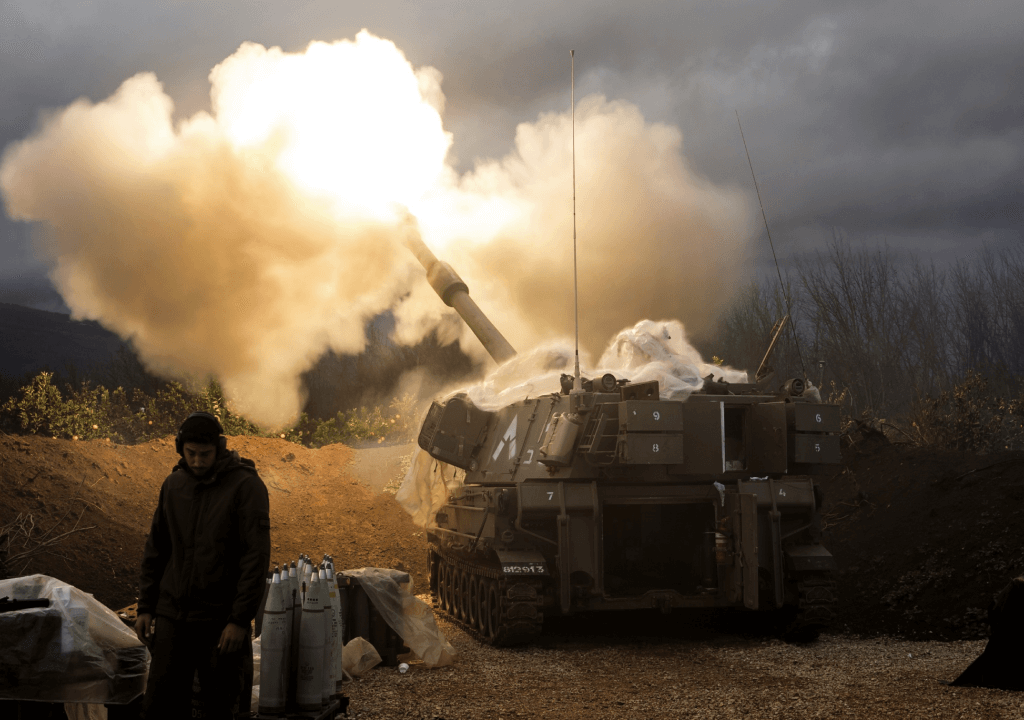Israel and the Lebanese militant group Hezbollah have been exchanging fire across the border since last October, with daily confrontations gradually intensifying. Deaths and casualties have been reported from both sides, and thousands of people have been displaced from their homes on both sides of the border. The conflict has been between Israel and Hezbollah, not Lebanon. There has been no attack from Israel outside of southern Lebanon, which is a stronghold of Hezbollah. However, it has been clear that if either Israel or Hezbollah escalates the conflict, Lebanon, an already fragile country, will be forced to join. This is now feared to be happening.
Yesterday, Israel attacked a suburb of Beirut, the capital of Lebanon. Israel described it as a targeted operation to kill Hezbollah’s top military commander, Fuad Shukur, who is wanted as a criminal. But, Lebanon is unhappy about the extension of the Hezbollah-Israel conflict into its densely populated capital city. The attack resulted in civilian casualties. According to the Lebanese Ministry of Health, three people, including two children, were killed, and 74 were injured in the attack.
Lebanon’s cabinet is reportedly holding important meetings to discuss the attack, which the caretaker Prime Minister, Najib Mikati, condemned as a criminal act by Israel. In his statement, he added that the Israeli killing machine has not been satisfied by targeting the south of Lebanon and the Bekaa; it has now reached the heart of the capital, Beirut, just meters away from one of the largest hospitals and near the city’s important international airport.
.In reality, Beirut had been bracing for Israel’s response to a rocket strike on a children’s football match in the occupied Golan Heights three days earlier. However, the attack on Beirut came as a surprise. The Golan Heights attack was attributed to Hezbollah, with both Israel and the U.S. blaming the group, though Hezbollah denied responsibility. Global leaders engaged in intensive diplomacy on Sunday to persuade Israel against escalating attacks on Lebanon, amid fears of a broader regional conflict. The U.S. has been spearheading global diplomatic efforts to prevent Israel from targeting Beirut or Lebanese infrastructure, aiming to avert a full-scale regional war. Although it was anticipated that Israel would retaliate, the assault on the capital city has left Lebanon feeling humiliated as an independent nation. Efforts are now underway to work with Lebanon to de-escalate the situation.
Despite widespread anger expressed on social media, the Lebanese government is actively working to ease tensions. Lebanon’s foreign minister called the strike on Beirut a shock, given prior assurances from Israel’s allies that the country was planning a limited response that would not escalate into war. Lebanon plans to file a complaint with the UN Security Council and has requested Hezbollah to carry out a proportional retaliation. He stressed the need to end the cycle of destruction, killing, and death. In a briefing, Hagari noted that Hezbollah’s ongoing aggression and brutal attacks are pulling Lebanon and the entire Middle East into a broader escalation. It looks like Israel also aims to resolve hostilities without a larger war, the IDF is fully prepared for any scenario.
Both parties are growing increasingly vigilant as the situation in the region reaches a state of heightened tension. Tensions in Lebanon have escalated to its peak since Saturday’s rocket strike on a town that killed 12 children playing football. Queues formed at petrol stations across the city as people filled their cars in anticipation of further escalation. Many airlines have canceled flights to Beirut, with Greece’s Aegean Airlines and Germany’s Condor joining Royal Jordanian, Air France, and Lufthansa in suspending services. But the chance of full scale war is less, because both parties will suffer.
Hezbollah will need to retaliate now, and Israel will follow…








